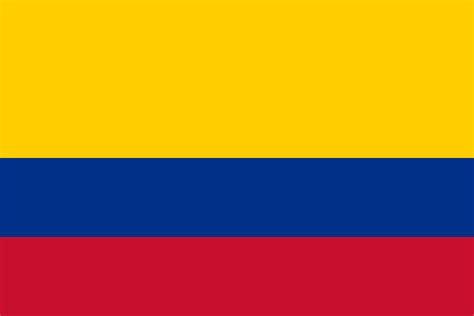Fighting between rival guerrilla groups along Colombia’s border with Venezuela has ushered in a bloody start to the new year, leaving dozens dead and sending residents fleeing from some of the worst violence since the country’s historic peace accords five years ago. At least 23 people were killed in clashes between leftist armed groups in the northeastern department of Arauca during the first weekend of January. Later in the month, car bomb exploded in front of a building where more than 40 social leaders were gathered in a self-protection workshop, injuring dozens and killing a security guard.
- Home
- About Us
- Issues
- Countries
- Rapid Response Network
- Young Adults
- Get Involved
- Calendar
- Donate
- Blog


